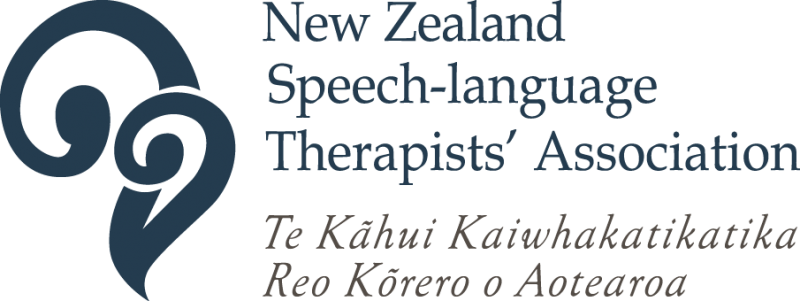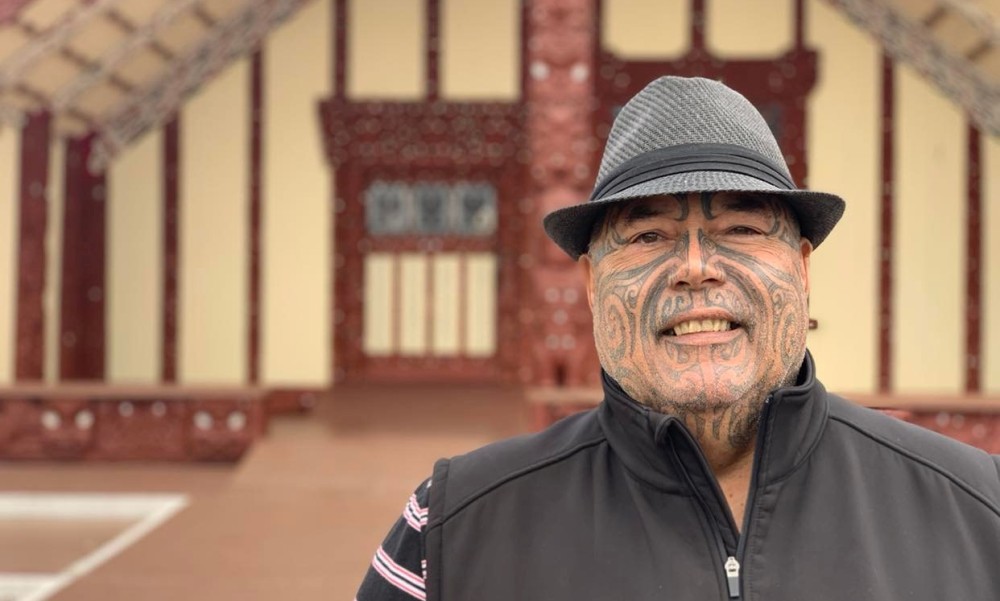Our Structure
The Board governs NZSTA and comprises members elected by the membership. The Board determines the association’s strategic direction, policies, and priorities.
The NZSTA Rules underpin the governance of the NZSTA.
The NZSTA board comprises seven elected members.
The Board is supported by a kaumātua, an executive director and a secretariat.
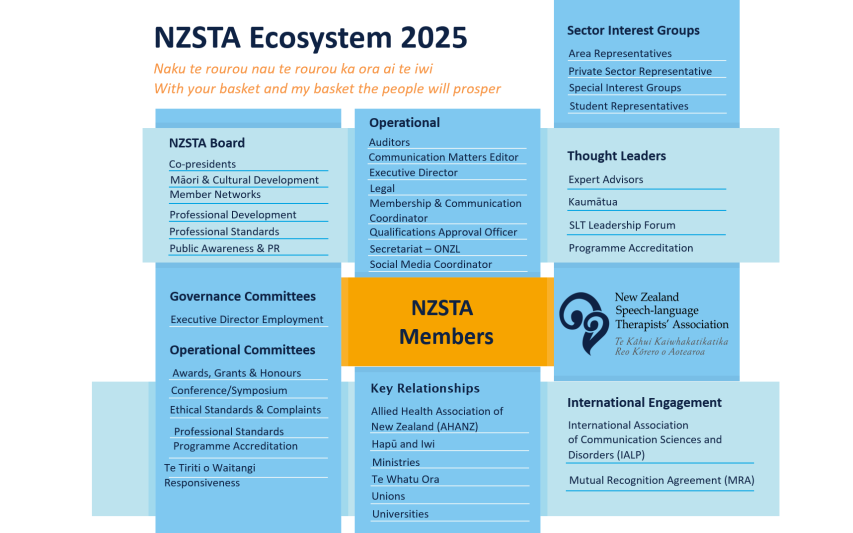
The NZSTA Board
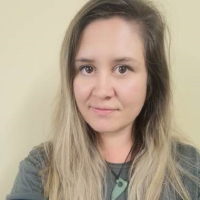
Katrina McGarr
Co-president, (MSc, BSLP(hons), BA Psychology)
Ko Motu Pōhue te maunga, ko Te Ara a Kiwa te moana, ko Takitimu te waka, ko Te Rau Aroha te marae, ko Awarua tōku hapū, ko Ngāi Tahu tōku iwi, ko Katrina tōku ingoa.
Katrina is a clinical educator, speech-language therapist at the University of Canterbury. She holds the position of treasurer with the Dementia Canterbury Board.
Her clinical interests include supporting people living with dementia and their whānau to maintain a connection through meaningful communication and working alongside adults with acquired communication changes. Katrina is also interested in clinical education, particularly in giving awhi to students to enhance their awareness of person-centred and holistic care through aligning their values with professional identity as a ‘speech-language therapist’.
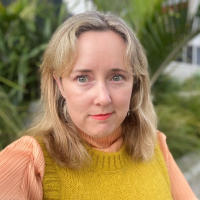
Emma Quigan
Co-president, (MEd(hons), BSLT)
Ko Takitimu te mauka, ko Aparima te awa, ko Takitimu te waka, ko Takatai o te tītī te mare, ko Ōraka Aparima tōku hapū, ko Ngāi Tahu tōku iwi, ko Emma tōku ingoa
Emma is the work-integrated learning coordinator - speech and language therapy at Massey University, coordinating all student clinical placements.
Her clinical interests include communication support for children and their whānau and teachers in the early years through to school, holistic approaches to therapy, coaching, and decolonising and re-indigenizing our practice.
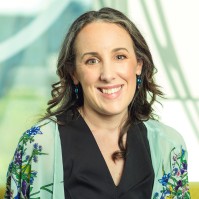
Amy Scott
Public Awareness & PR portfolio, BA (Psychology); BSLT (Hons.); PhD (Education)
Dr. Amy Scott is a Senior Lecturer and programme coordinator for the Better Start Literacy Approach microcredentials in the Child Well-being Research Institute at the University of Canterbury. With a background as a speech-language therapist, she is now a researcher on a range of projects focused on children’s early literacy success. Her research interests include the development of tools and resources for teachers and whānau, to support the facilitation of early literacy and language success.
She has a long history with the NZSTA, serving as a student representative for two years during her undergraduate degree and attending and presenting at NZSTA events in her professional role. She is passionate about the role SLTs play in supporting children’s literacy and language success, particularly how they can work alongside teachers in the education system to advance this. She is also passionate about the revitalisation of te reo Māori and her role as a Pākehā ally in this kaupapa. She has been learning te reo Māori for 5 years now and is committed to continuing her learning in this space.
Amy is an effective communicator, and is confident presenting to and speaking with large groups of people both in person and online. She is exceptionally well organised, juggling a very busy, fulltime academic role, two young children and te reo Māori study in her own time. She has great attention to detail and a solid understanding of how to turn ideas into action. Amy is interested in reengaging with the NZSTA through the Board role of Communications portfolio holder. She would value the opportunity to have more of a strategic role in engaging more widely with community and particularly our education-based SLTs.

Emily Jones
Professional Development portfolio, (MSLT (Hons)
A speech-language therapist with over 25 years of experience, Emily brings extensive clinical expertise and a passion for professional development to this board position. Her collaborative leadership style and commitment to accessible education would be valuable assets in serving NZSTA members nationwide.
Emily understands the importance of making professional development accessible to NZSTA members throughout Aotearoa New Zealand. She currently facilitates the NZ Paediatric Dysphagia Special Interest Group, where she has expanded learning opportunities by bringing international speakers to an online platform and is currently developing coaching workshops, to showcase the expertise in the SIG to support peer learning. Her work also includes organising training on specialised techniques such as cervical auscultation. She works as a clinical educator at Massey University, teaches students via distance learning, paediatric feeding and swallowing, and works collaboratively with the Master of Nutrition and Dietetic programme to provide clinic online and satellite based interprofessional clinical placements.
Alice, Jo and Jane

Alice Redamare
Māori and cultural portfolio, (BSpchLangTher(Hons)
Ko Hikurangi te maunga, ko Waiapu te awa, ko Horouta te waka, ko Umuariki te marae, ko Ngai Taharoa tōku hapū, ko Ngāti Porou tōku iwi. Ko Alice Redamare ahau, ko irawhiti whakawahine takatāpui au. Ehara taku toa i te toa takitahi, engari kē he toa takitini.
Alice is a Kaihapai Reo Kōrero/Speech-Language Therapist at Ko Taku Reo Deaf Education. She works with ākonga, whānau, kaiako, and other pūkenga towards holistic communication goals and enabling equitable communication environments for young Deaf people. She is passionate about the decolonization of the Speech Language Therapy practice and supporting Māori clinicians and learners alike to succeed and thrive as Māori.
Jo Mitchell
Member networks portfolio
Jo Mitchell is a Speech and Language Therapist with over 10 years of clinical experience. Jo specializes in rural generalist care and is the Professional Lead for Whanganui Te Whatu Ora. She is currently undergoing a secondment as the acting clinical manager for Speech and Language Therapy and Dietitians. Jo has a passion for providing excellent patient care and dedicated to continuous professional development. She is a team player and encourages others to work hard and succeed. In her free time, Jo likes to hike, sew, and receives Pool 8 Ball coaching from her husband. Jo is keen utilise her skills to support the NZSTA and it's members. If elected, she aims to utilise and develop her skills to find new and innovative ways to support members and improve communication across the motu.
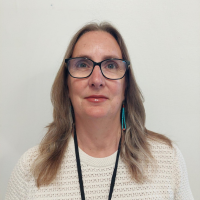
Jane McKinnon
Professional Standards portfolio, (MSLTP)
Jane completed her speech language therapy degree at the University of Canterbury, graduating in 2011 and currently works as a Service Manager at the Ministry of Education office in Blenheim. Jane supports the speech language therapist team across Nelson, Marlborough and the West Coast and is passionate about the Speech therapist’s role in education. Alongside her Service Manager role Jane is also active as a speech therapist with a special interest in advocating for and working with students with complex communication needs.
Prior to moving to Blenheim Jane had several roles at The Ministry of Education in Christchurch including working in a speech therapy role in Mid and North Canterbury. While working in these rural communities with no special school provision, Jane developed her special interest around supporting students with complex communication needs to access the curriculum & be included in the classroom alongside their peers. In 2018, Jane completed a master’s degree through Massey University looking at collaboration between teachers and speech language therapists supporting students with complex communication needs in mainstream classrooms.
Jane is active in her journey learning Te Reo Māori, has a heart for Kaupapa Māori and acknowledges the importance of supporting our Te Reo speaking tamariki to access speech therapy in their first language. Jane would bring strong education perspective to the role on the Board in addition to leadership, relationship management and strategic thinking skills.
NZSTA Office
An executive director/kaiwhakahaere matua and a secretariat service the NZSTA board and its members.
The executive director is responsible and accountable to the New Zealand Speech-language Therapists’ Association (NZSTA) Board for the implementation of the strategy and management of the organisation, the implementation of organisational policies and priorities and the fulfilment of contracted outcomes to realise the Association’s vision, mission and strategic goals.
A secretariat team provides administration and finance services to the Board.
Together this is the gateway for members to access services and resources. They provide support and assistance to the NZSTA members and the Board.
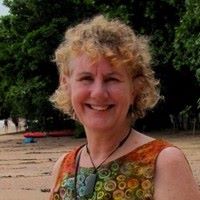
Siobhan Molloy
Executive Director / Kawhakahaere Matua
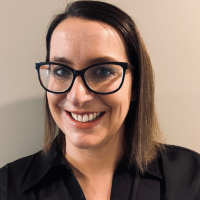
Amy Oughton
Member Engagement
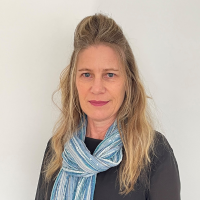
Loreen Lee
Administrator for Secretariat
Areas and Special Interest Groups
Members, including students, can join special interest groups and participate in the quarterly activities of local area networks.
Annual General Meeting
The NZSTA’s annual general meeting is held in March/April.
While all members are welcome to attend and speak, only Full Members and Life Members may also vote on items of business conducted at the AGM.
